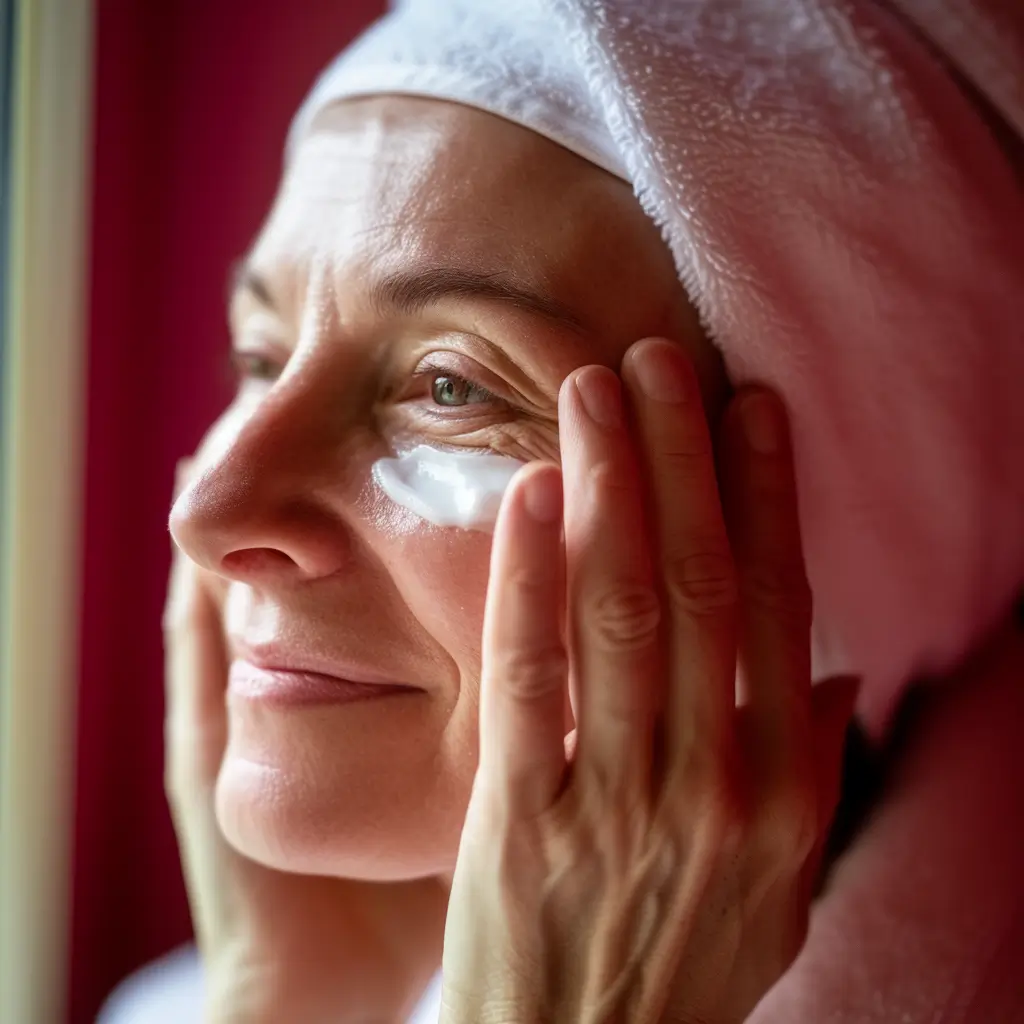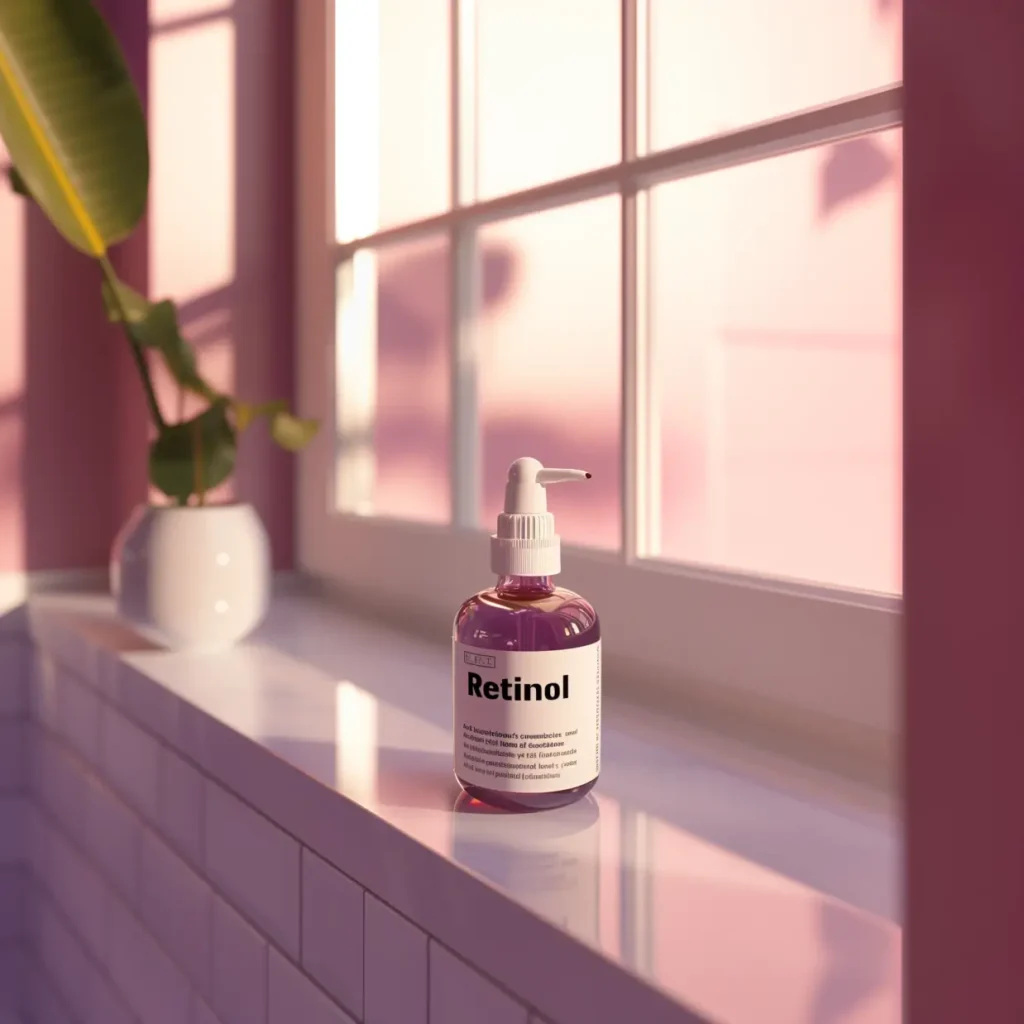Collagen is the protein responsible for keeping our skin plump, our joints limber, and our hair and nails strong. But as we age, collagen production slows down, leading to unwanted signs of aging like wrinkles, joint pain, and brittle nails. The good news is there are evidence-backed ways we can counteract this decline by boosting collagen levels through minor diet and lifestyle adjustments. This comprehensive guide will walk through simple, step-by-step methods to increase collagen naturally using food, topical products, and targeted practices for self-care. From sipping bone broth to massaging vitamin C serums onto the skin, these tips aim to help women maintain a radiant complexion, ease movement, and preserve a youthful appearance overall. Let’s delve in!













14 Responses
How long until I see results from collagen supplements?
Research indicates allow 2-3 months of daily use to notice improvements in skin and joints. Stick with it!
Do I need to cycle my collagen supplement?
Most experts advise sustained daily collagen use without breaks for optimal benefits.
What’s better, marine or bovine collagen?
Both effectively increase collagen. Marine collagen from fish absorbs quickly while bovine collagen has longer-lasting effects.
Can collagen help joint health?
Yes! Studies demonstrate collagen supplements enhance joint mobility and reduce arthritis discomfort after 2-3 months.
What is the most effective ingredient for boosting skin collagen?
Peptides, vitamin C and retinoids have clinical research supporting their collagen-stimulating effects in skin.
How do sleep and exercise impact collagen?
Adequate sleep enables the body’s repair and collagen-building processes. Exercise promotes circulation for improved skin health and potential collagen synthesis.
What habits should I curb to protect my collagen?
Avoid excessive sun, smoking, high sugar intake, and nutrient deficiencies. These accelerate collagen breakdown.